By Founder, Amy Maglio
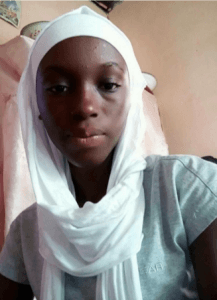
Meet Fatou.
At first glance, Fatou is a beautiful, determined young Senegalese girl. Her eyes are intense and strong. Her stare is purposeful and unique. If one were to speak with her, you would hear of her desire to go to school and to use her education for the greater good of her community. She is wise and tough, ready for anything.
Upon first glance, one might think that this is a quick fix, provide Fatou a scholarship so she can go to school and her problems are solved, right?
Well, partly right. Although Fatou needs access to education and school fess could be an issue, she also needs to stay healthy so she can go to school and she needs a supportive community that will rally around her to support her to stay in school. This is where her situation is complex. Fatou states, “my family and my community are not very supportive of girls ‘ education. Many girls my age have not had the chance to attend school at all, or have been married off very early to start their own families.”
Fatou’s story is not uncommon for girls in rural Africa. A school may be built, a girl may begin her education but quickly, due to factors like early marriage and pregnancy, the girl stops going to school altogether. Often it is a systemic issue. Girls education is not valued by the community and as we see with Fatou, it if often and most likely to be those closest to the girls, parents and grandparents, who do not see the value in their daughter getting an education. Since the situation for girls is so complex, so is the solution. A 360 degree approach is needed taking the time to thoughtfully craft a model that ensures whatever barrier a girl may face, whether it’s a lack of familial support, like Fatou, or other barriers like mental health issues, access to books or female genital cutting, a girl can not only get into school but stay in school and gain the tools she needs to succeed in school and beyond.
At Women’s Global Education Project, we deeply believe in going beyond just providing scholarships. As the Founder, I spent years listening and learning from our grassroots partners so we can ensure all the programs we design and all the dollars we raise are channeled to efforts that last. WGEP is creating a future for girls in the communities where we work that promises not just access to dreaming but a path to making those dreams a reality, regardless of any barrier. I’ll share a few more examples below of how we navigate every roadblock we face to ensure lasting social change for women and girls in Africa.
Girls need support to say “no” to Female Genital Mutilation/Cutting (FGM/C) so they can stay in school. At WGEP, they are given a substitute program and attend our Alternative Rites of Passage (ARP). Then, they spread the word to ensure other girls are not cut.
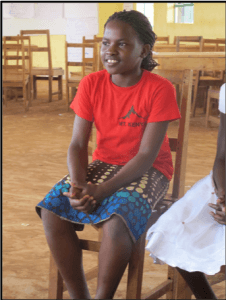
“I will now tell all my friends that FGM/C is dangerous. If a girl is cut, it will give her problems giving birth, and she could even lose her life.”
~ Yvonne, 12
Girls need support to learn good health and hygiene practices so they feel confident and can stay in school. At WGEP, we offer health workshops to share best practices, especially around menstruation.
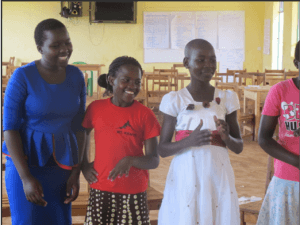
“I also loved learning about hygiene and how you must keep yourself clean. I learned that during menstruation, it’s important to dispose of sanitary pads correctly. I made good friends here too.”
~ Moreen Kathomi, 13
Girls need mentorship and support outside school to stay on task and engaged in learning. At WGEP, we provide academic support, community meetings and leadership training to not only complete their education but thrive as students for life.
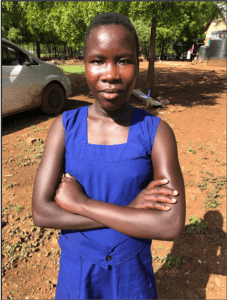
“From WGEP I get help, like my examination fees, and even my clothes. When I became a scholar, I was very happy. Even my parents were very happy. Now I have finished class 8 with 320 marks, which is high.”
~ Scholastica Kamunda
Scholarships programs are clear in impact but their simplicity will not change systems that are filled with complex dynamics and ever-changing human needs. We must strive to move beyond the scholarship mentality, helping change cultural attitudes around girls education and ensure we deeply impact the next generation of leaders in Africa.
136 N. Marion Street, Suite 201, Oak Park, Illinois 60301
708-613-5260 / info@womensglobal.org
© 2021 All rights reserved
Leave a Reply